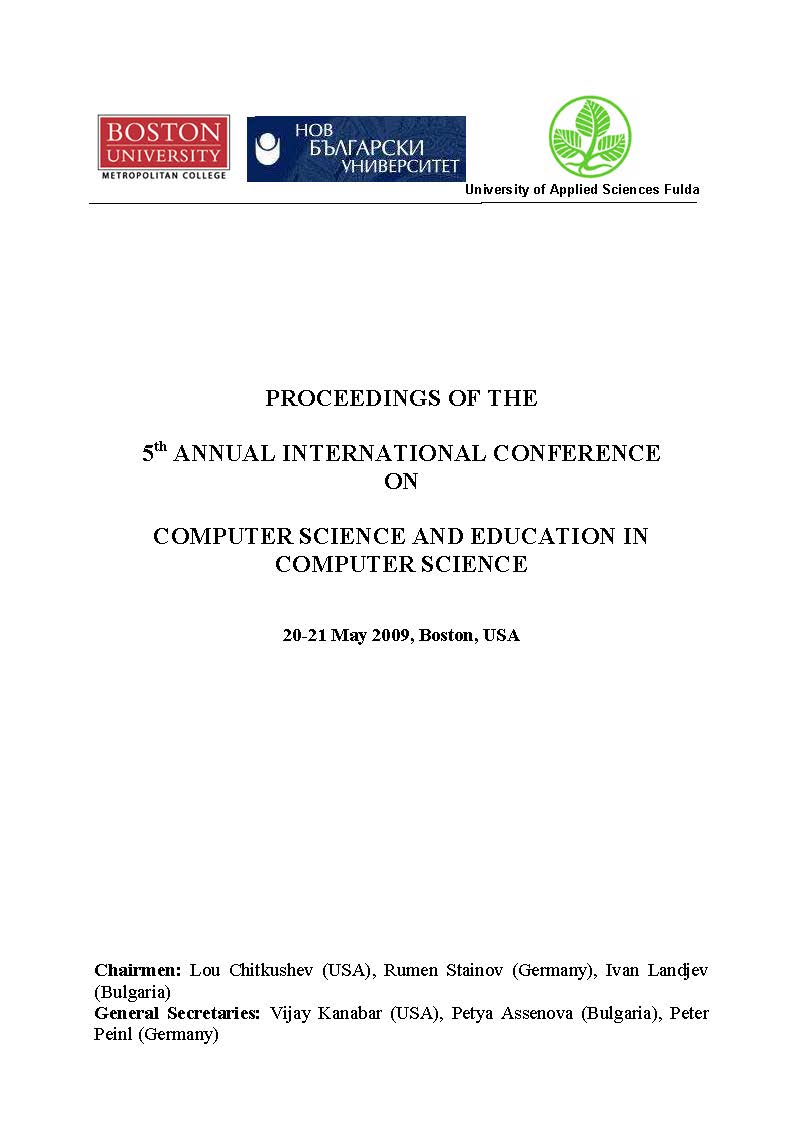Peer Ports: Mobility Support in Peer-to-Peer Systems
Peer Ports: Mobility Support in Peer-to-Peer Systems
Author(s): Rumen StainovSubject(s): Education, ICT Information and Communications Technologies
Published by: Нов български университет
Keywords: Peer-to-peer systems; distributed hash table; mobile communication; delay Tolerant networking; persistent communication;
Summary/Abstract: We propose a mobility support for peer-to-peer networks providing a new communication mechanism for Delay Tolerant Networking (DTN). In order to allow this, we define the peer port, managed by the Distributed Hash Table (DHT) together with the classical peers and data objects. The peer port allows redundant persistent communication between the peers, even when the receiver peer is frequently disconnected from the network, and the messages will be eventually delivered, which is typical for DTN. By involving the peer port in the communication, we hope to achieve following advantages: (1) Delay tolerant support – in case of interrupted P2P communication, the peer ports will be used for add-on persistent communication; (2) Low cost communication after interruption – the peer port belongs to the same local group as the receiving peer, ensuring a “low cost” communication, (3) Transparent recovery - it is not necessary to disconnect and to reconnect to the sending peer (or P2P data object) in order to resume the communication, but the peer port will transparently restore the lost messages, and (4) Network independent recovery - when the receiver disconnects and reappears in another network with a different peer ID, it can connect to his peer port and accomplish the task without creating a new P2P session.
Journal: Computer Science and Education in Computer Science
- Issue Year: 5/2009
- Issue No: 1
- Page Range: 76-82
- Page Count: 7
- Language: English

